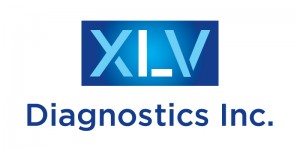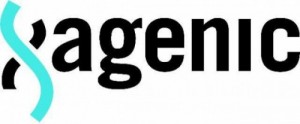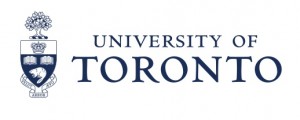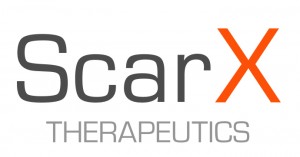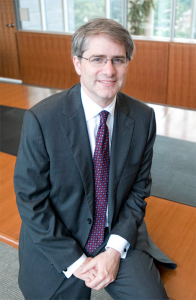What does MaRS Innovation’s funding extension mean for Toronto’s academic entrepreneurs?
Every six weeks, MaRS Innovation’s marketing and communications manager writes a guest post for the MaRS Discovery District blog profiling MI’s activities or one of our start-up companies. You can read the original post on the MaRS blog.
Created in 2008, MaRS Innovation (MI) bridges the chasm between the early-stage technologies emerging from its 16 member institutions and successful startup companies and licensable technologies.
By offering early-stage funding in tandem with hands-on management, business development, mentorship and intellectual property protection strategy, MI acts as a commercialization agent for its members and researchers.
 Earlier this year, the Networks of Centres of Excellence of Canada awarded MI $14.95 million to continue its mandate as a Centre of Excellence for Commercialization and Research (CECR), matched by $25 million from membership fees and private sector investments.
Earlier this year, the Networks of Centres of Excellence of Canada awarded MI $14.95 million to continue its mandate as a Centre of Excellence for Commercialization and Research (CECR), matched by $25 million from membership fees and private sector investments.
So what does that success mean for MI’s ability to serve the needs of academic entrepreneurs based in Toronto?



